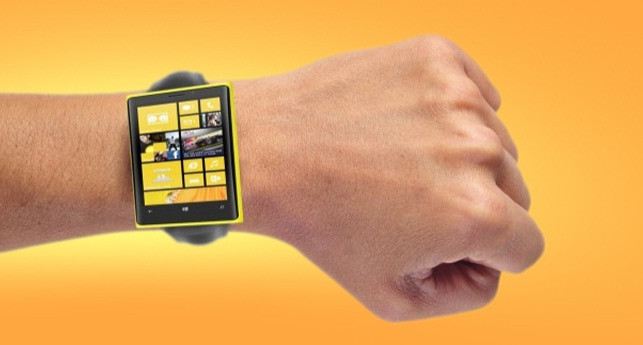Microsoft's Sensor-Laden Smartwatch Launching 'Within the Next Few Weeks'

With most of the major tech companies already present in the wearable market, Microsoft is conspicuous by its absence - though new reports suggest that is about to change in the coming weeks.
Forbes reports that "in the next few weeks" Microsoft's long rumoured smartwatch will be launched with The Verge subsequently confirming this report.
Microsoft's smartwatch is expected to use technology from Microsoft's Kinect sensor for continuously measuring heart rate throughout the day and night. Unlike Apple's Watch, which will go on sale in early 2015, the Microsoft device will be a cross-platform smartwatch working with iPhones, Android smartphones and of course the company's own Windows Phone platform.
Apple unveiled its first smartwatch in September, but it won't go on sale for a number of months yet. That is not set to be the case for Microsoft's smartwatch, which is said to be available in store in time for Christmas.
Microsoft's first wearable since it launched the SPOT smartwatch a decade ago, is said to focus on fitness primarily and will count steps and calories as well as continually monitoring your heart rate. First reported by IBTimes UK in July, the smartwatch is also set to feature a blood-glucose monitor and a UV sensor to help it stand out from an increasingly crowded marketplace.
The Microsoft smartwatch/fitness tracker is set to feature a two-day battery life, which is better than some similar products on the market (such as the Moto 360) but not as good as dedicated fitness trackers like the the Jawbone Up 24 or the Fitbit Flex.
There is currently no indication of what the price of the Microsoft wearable will be.
While Microsoft's Windows Phone platform commands just 2.5% of the global smartphone market, the company will hope the cross-platform compatibility will help to target a much wider market, while Apple is limiting the uptake of its Watch wearable as it only works with Apple's iPhones and iPads.
© Copyright IBTimes 2025. All rights reserved.




















